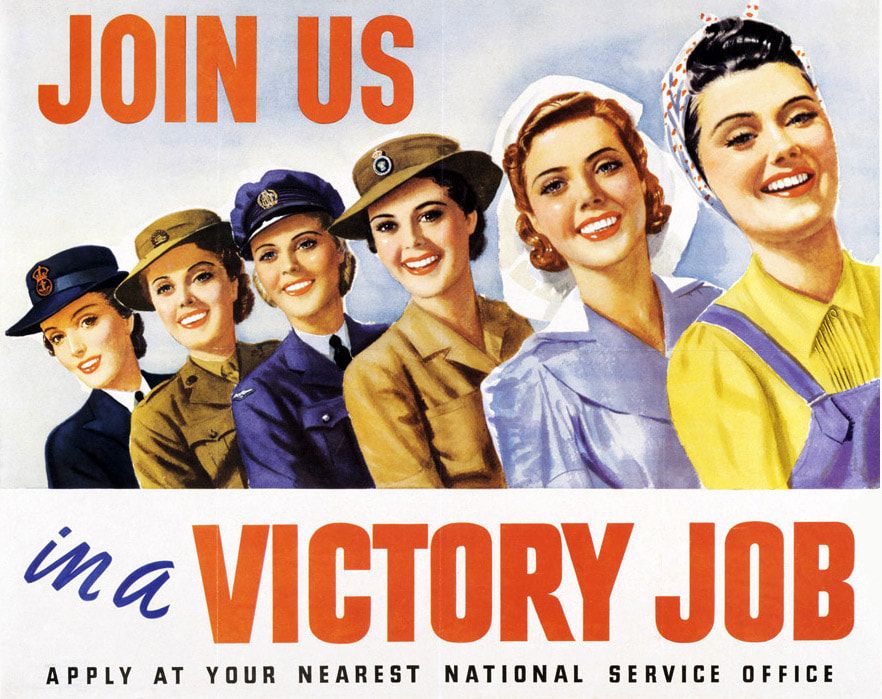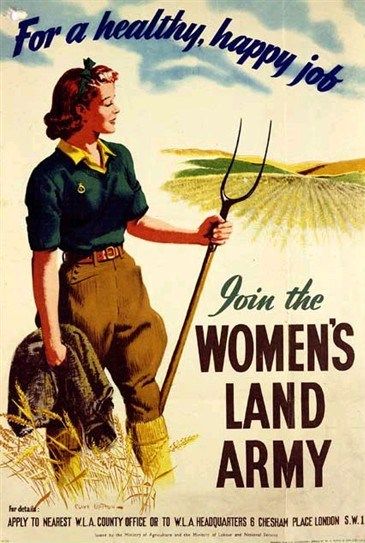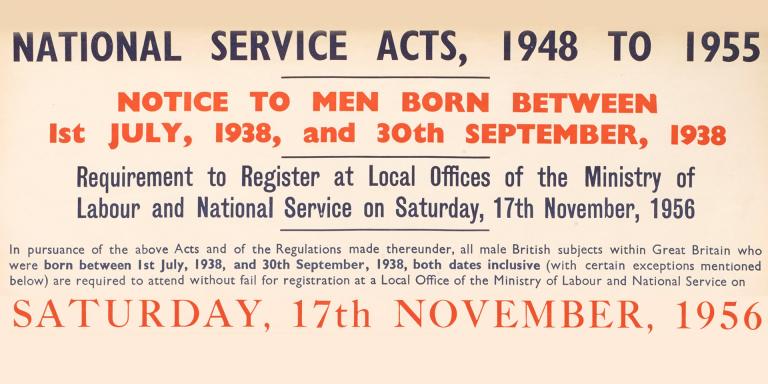...AT LEAST ONE OF YOUR BRITISH ANCESTORS (PROBABLY) SERVED IN THE ARMED FORCES.Did your recent British ancestors serve in the Armed Forces? In short, at least one of them probably did, whether they be male or female, either as a professional soldier or as a conscript. The British Armed Forces have been a significant employer over the past 300 years. Men from across the British social spectrum have served the Crown and taken up arms (and those of many other countries, if Britain’s former colonies are included). Indeed, until the 1860s, men from wealthy and privileged social backgrounds could actually ‘buy’ a job as an Officer in the British Army! Those who were relatively less prosperous were still needed to serve both at home and across Britain’s sprawling Empire, although they were often drafted into the lower ranks of the British Army, or forcibly ‘press-ganged’ into service in the Royal Navy where the conditions were often harsh and the pay was low. In the twentieth century, however, via the process of conscription and national service, many British citizens who had not chosen a career in the armed forces were compelled to don a military uniform and serve under arms. During WW1, conscription was introduced in 1916, which meant that all unmarried men from 18 to 41 years of age were liable for service in the army. This was quickly amended to include married men and to raise the upper age limit to 51. In the era of attritional and highly mechanised warfare, Britain needed all the manpower it could get, even if the recruits had not willingly volunteered. Conscription was reintroduced for the duration of WW2, 1939-1945. This time women were conscripted, too. The British government was well aware that the contribution of every available adult would be needed if Britain were to successfully fend off the threat of Fascism. In 1941 it became legal to conscript single women between the age of 20-30 to undertake essential war work. By 1943, the majority of women - single or married - were undertaking work related to the war effort, even if they were not officially in the armed forces. In short, most men of service age would have served in the armed forces in some capacity during WW2 unless they were in one of the few exempt occupations and most eligible women would have served too. This means that if you have British ancestry dating back to this period, it is more than likely that they undertook service in some form during either or both world wars A further form of compulsion to serve in the armed forces was introduced in Britain from 1948 to 1960, in the form of National Service, where all men who were not registered as 'conscientious objectors' had to be available to serve. This was, in simple terms, peacetime conscription. If you have any male relatives who turned 18 during this period, it is possible that they may have participated in one of the conflicts that Britain was involved in at that time, such as the Korean War. Britain's global role changed significantly during the twentieth century. It went into WW1 as a superpower and emerged from WW2 as the junior partner to the USA in the Cold War. The process of decolonisation after WW2 and its commitments to NATO meant that Britain still needed a significant military presence.
The chances are that at least one of your British ancestors served in or supported the British Armed Forces in the Twentieth Century, in some capacity, whether they elected to (as many did!) or conscripted. Patrick O'Shaughnessy (@historychappy)
0 Comments
Leave a Reply. |
Categories
All
Archives
April 2024
|



 RSS Feed
RSS Feed